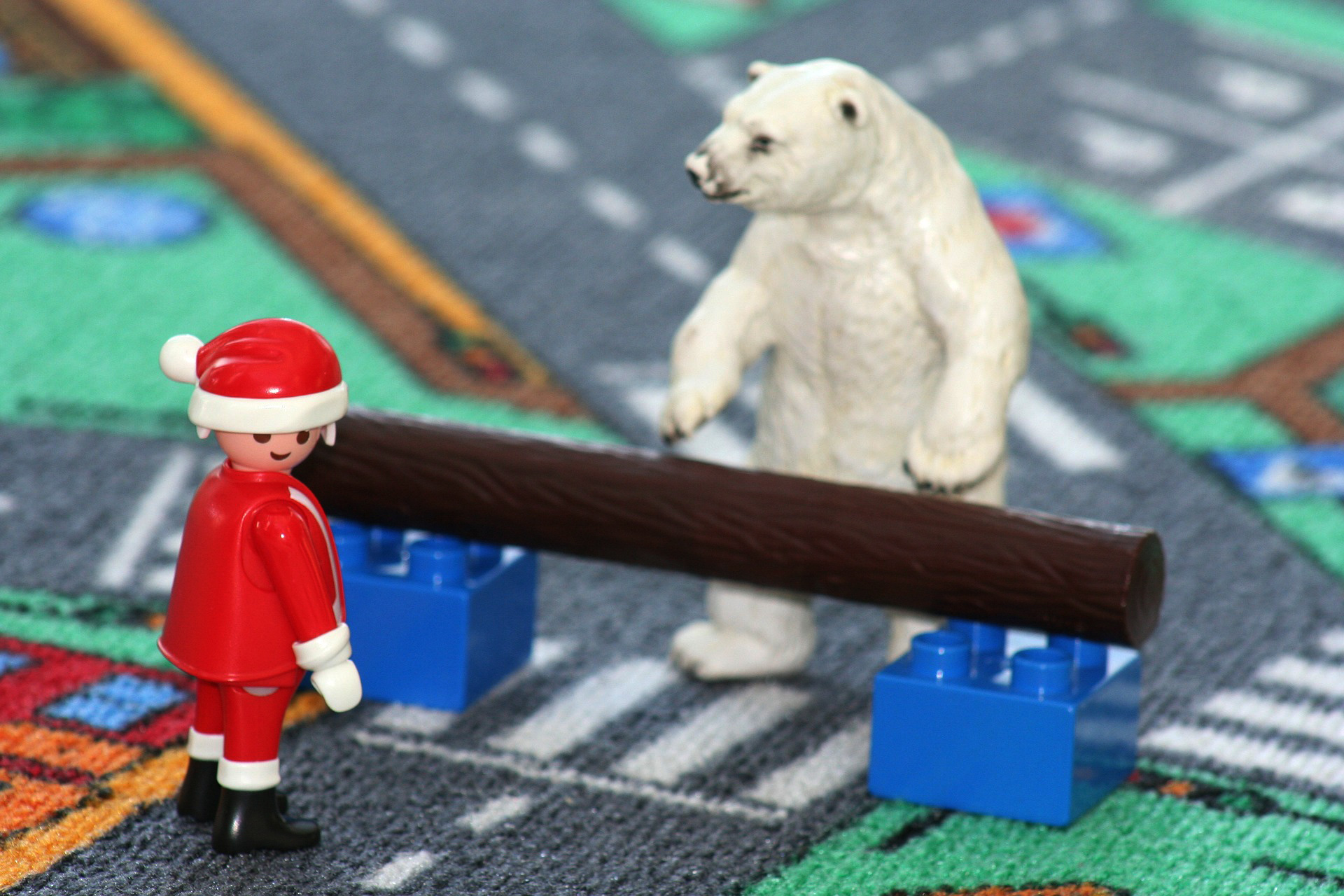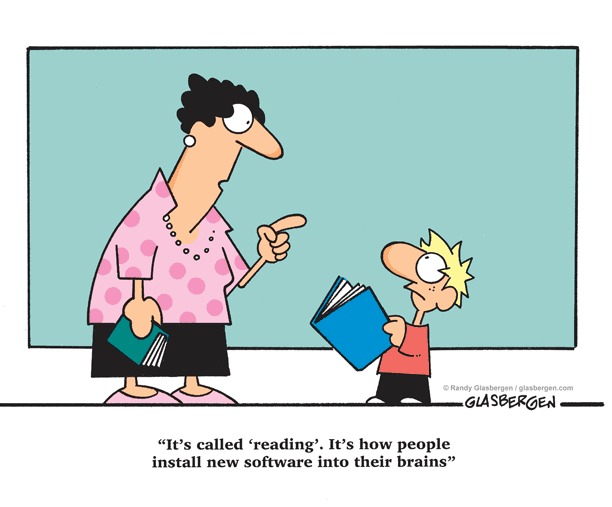 This blog post is for parents who would prefer not to sound like Ben Stein’s class in the iconic John Hughes’ comedy from the 1980’s, Ferris Bueller’s Day Off. “Anyone…anyone?” As your child moves through his or her speech therapy goals, being involved for even a few minutes, three to five times per week, can be enormously beneficial. This is especially true when your child is in the process of practicing a new speech or language behavior that he has learned, but has not yet mastered. Because our children have a lot on the plates, and we as parents don’t want to overwhelm them, I recommend embedding this home-based speech practice into what they already are doing. This often takes the form of games or other overtly play-based activities, as opposed to worksheets, books or anything that could be construed as “work.” Since each age group tends to have different play interests, this post is organizes the choices of games for practicing speech sounds according to age, from birth to age 3, preschool age (age 3 to 5), school age (age 6 to 9), and pre-adolescents (age 10 to 14).
This blog post is for parents who would prefer not to sound like Ben Stein’s class in the iconic John Hughes’ comedy from the 1980’s, Ferris Bueller’s Day Off. “Anyone…anyone?” As your child moves through his or her speech therapy goals, being involved for even a few minutes, three to five times per week, can be enormously beneficial. This is especially true when your child is in the process of practicing a new speech or language behavior that he has learned, but has not yet mastered. Because our children have a lot on the plates, and we as parents don’t want to overwhelm them, I recommend embedding this home-based speech practice into what they already are doing. This often takes the form of games or other overtly play-based activities, as opposed to worksheets, books or anything that could be construed as “work.” Since each age group tends to have different play interests, this post is organizes the choices of games for practicing speech sounds according to age, from birth to age 3, preschool age (age 3 to 5), school age (age 6 to 9), and pre-adolescents (age 10 to 14).
Moving Matters – Activities to Improve Articulation in Kinesthetic Learners
Language Development Pronunciation & Lisps School Speech Therapy Techniques- Image Courtesy of e7d-tom.blogspot.com
The last thing a kinesthetic learner probably wants to do is sit at one more desk, listening to and responding to one more set of directions. These learners thrive on active participation, with the more moving body parts required, the better! Get ready to leave the chair and desk behind and try these inexpensive and easy activities to improve articulation in kinesthetic learners. Continue reading
Easy Summer Articulation Activities at-Home
Parents' Corner Pronunciation & Lisps Speech Therapy TechniquesSummer is a great time for fun in the sun, splashing in the pool and, articulation? Don’t let the downtime set your child back; encourage them to continue maintaining their target speech sounds with great at-home activities. Even if you’re not signing up for formal training with the Speech Buddy Kick Start summer event, speech therapy at home is each to achieve. Sometimes it can take a little planning while at other times it can happen spontaneously- like deciding to write articulation targets or sounds in sidewalk chalk (above). Here are some easy articulation activities to try. Continue reading
Angry Bird Articulation and Language Activities
Speech Therapy Techniques
A lot of speech therapy is adult directed. The speech pathologist decides the task, how to play, how long it will take, and the end reward (if there is one) leaving little control to the student over their topics of interests. Every once in a while it is important to incorporate highly motivating and even “hot” topics into speech therapy to engage children and even leverage a little more “buy in” from sometimes reluctant participants. One clever way to do that is with Angry Birds. Angry Birds is a popular (12 million downloads can’t be wrong) and relatively new (introduced in 2009) digital game. The goal doesn’t have much at all to do with speech and language and is based on the premise of using a slingshot to launch some colorful birds at pigs stationed in various structures. While the content leaves SLPs little to work with in the way of content for articulation therapy, the characters and premise of “launching” is an easy one to work with in speech therapy.
Reading with Children: Books & Techniques
Language DevelopmentLaura Bush said it best when she noted that, “Libraries allow children to ask questions about the world and find the answers. And the wonderful thing is that once a child learns to use a library, the doors to learning are always open.” We all know that reading is essential for education, but do you know why? Some of the many benefits of reading with children include speech and language development and improving listening skills. Exposure to various experiences, emotional development, and improved cognitive function are some of the other perks. Your child will learn new sounds and the rules of language just by listening to you read. And besides, reading with children is fun! It’s an opportunity to share a special time with your child and to watch the joy on his face as he hears his favorite story.





